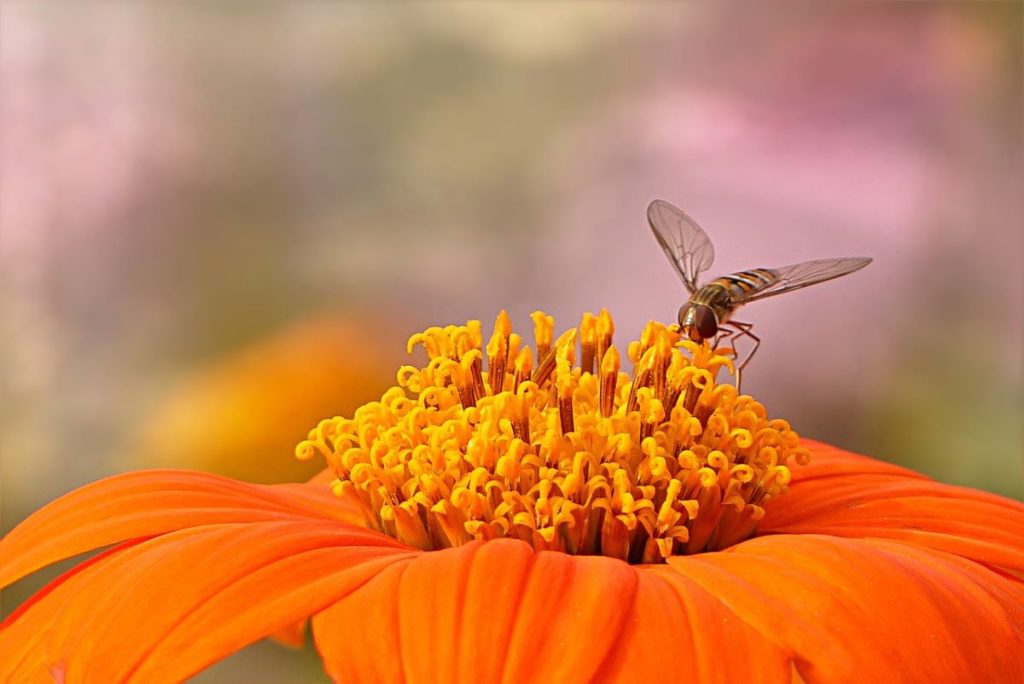
Being Good to the Earth Brings Rich Rewards
1. The Gift of Plants
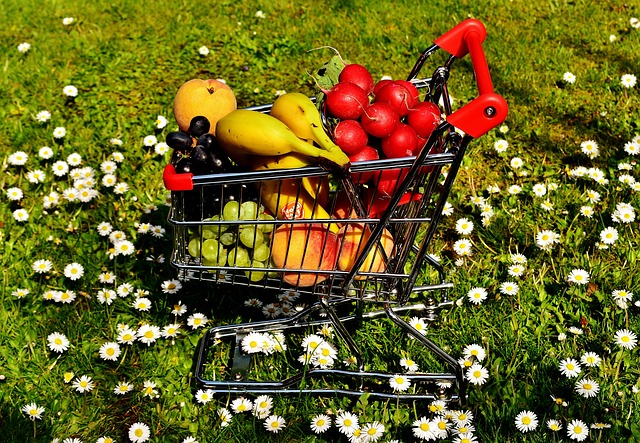
Plants provide beauty to the Earth and food for your table. In addition, they can fill your visual sense with pleasure and a feeling of calmness as you are lulled into a sense of relaxation. Trees provide shade for relief from the hot midday sun. Plants return to the Earth and enrich the soil through their natural life cycle.
Essential oxygen is released into the atmosphere by plants, and carbon dioxide is taken up by the plants. As a result, this removal of carbon dioxide from the atmosphere is helpful with global warming. Plants also provide needed products such as building materials and medications.
2. The Gift of Colors
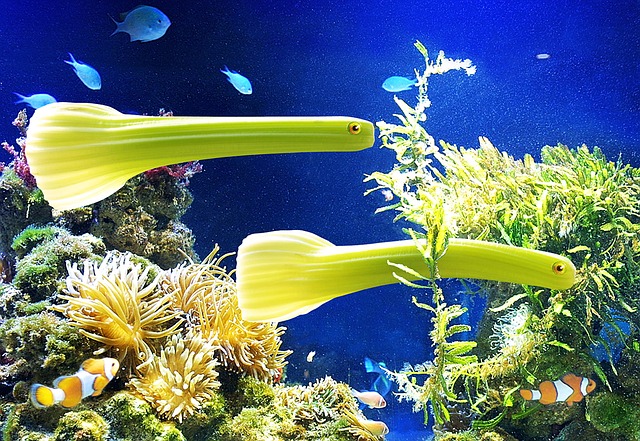
All colors exist in nature. Variations in the colors of the trees range from different shades of green to the vivid colors of fall. Also, flowers appearing in early spring reflect colors from bright red, yellow, orange, and purple to soft pink, blue, cream,` and lavender.
Insects can vary from a drab neutral black or brown to the striking kaleidoscope of colors adorning butterflies, hummingbirds, and dragonflies.
The sky reflects colors from the calmness of blue on a bright sunny day to the gray and black gloominess of an emerging storm. Equally, the sky can reflect the brilliant colors of a sunset and the collection of all colors in a rainbow.
Because emotions are elicited by the natural paintings of nature, the master artist, color can be very impactful. In fact, it can invigorate our mind or calm and lift our spirit. Discover the emotional impact of color in nature can provide.
3. The Gift of Light
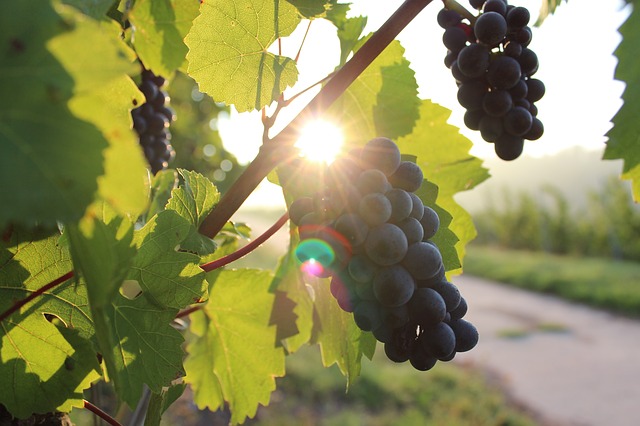
Light falls upon the Earth from the sun by day and the moon and stars by night. This welcomed illumination is refreshing and renewing, given that it’s the sign of the start of a new day. The warm glow from the sun gives color to rainbows and sunsets and awakens our vision to all the wonderful creations of nature.
Sunlight is necessary for photosynthesis to occur in plants. This is a source of food and energy for plants. It’s also a source of vitamin D for humans.
Some studies reveal the effects of sunlight on mood, depression, and anxiety.
4. The Gift of Water
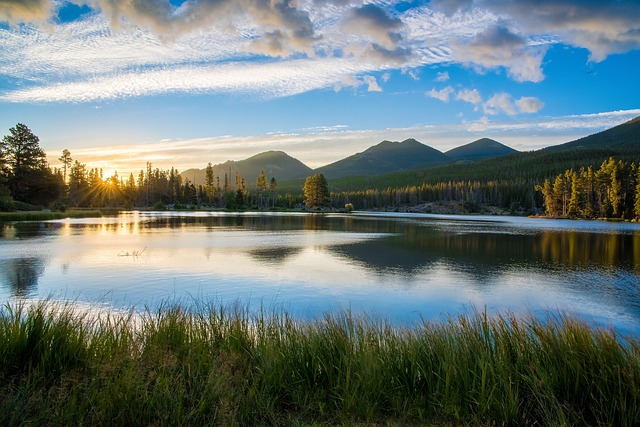
Approximately 71 percent of the Earth’s surface is covered with water most of which is in the oceans. The human body is approximately 60 percent water and must be replenished daily to maintain good health.
Water also provides entertainment and exercise through swimming, skiing, surfing, sailing, etc. It cools and cleanses you inside and out. The underground food web must have water to sustain the cycle of life. Indeed, without water, all living things would cease to exist.
Lakes, rivers, and oceans provide animal and plant life providing food for human consumption.
You need the gift of water! We all do. Our natural water resources must be preserved for a healthy future.
5. The Gift of Soil
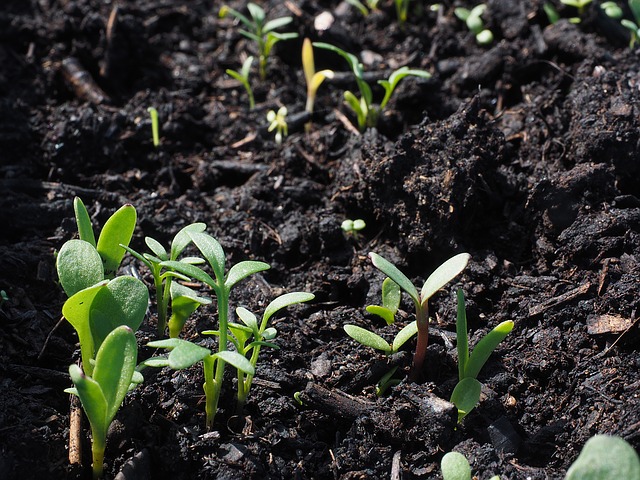
An article by Soil Science Society of America states, “Soil is the foundation of our basic ecosystem function. Soil filters our water, provides essential nutrients to our forests and crops, and helps regulate the Earth’s temperature as well as many of the important greenhouse gases…There are more
microorganisms in a tablespoon of soil than there are people on this planet. ”
Microorganisms are an essential component of the soil food web. This web includes fungi, algae, bacteria, earthworms, insects, and more. These organisms digest organic matter creating needed nutrients in the soil. Subsequently, roots take up these nutrients producing thriving, healthy plants. This soil food web is critical to our existence. Each organism knows and performs its duty. The application of certain chemicals to the soil will kill the microorganisms. In addition, the lack of enough water and oxygen will kill the microorganisms, and the lack of organic matter will starve the microorganisms.
6. The Gift of Insects
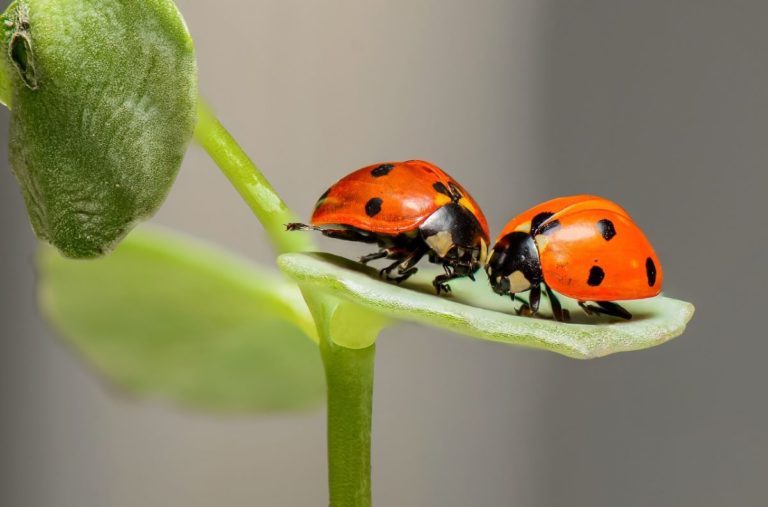
There are many different types of insects in nature. Some are known as “beneficial” insects. These insects have their assignments in the balance of nature including reducing the population of non-beneficial insects. Other tasks include pollinating plants and
decomposing organic matter in the soil. Then, after their life cycle is complete, they die and return to the earth adding even more nutrients to the soil.
An insect critical to food production is the bee. Bees are pollinators, and without them, many plants would not reproduce. Additionally, bees are responsible for much of the food we eat including the honey they produce.
7. Your Gift to the Future
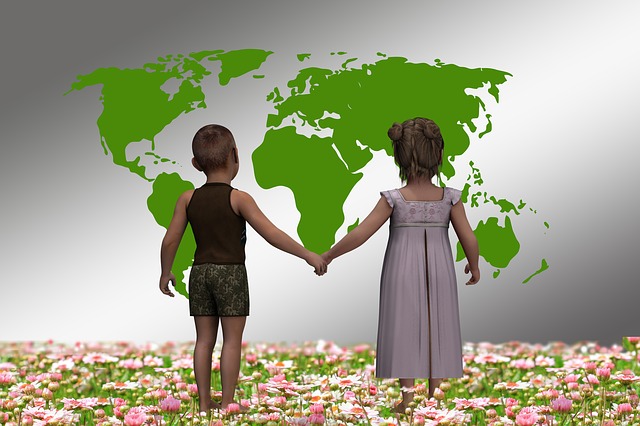
In summary, take time to increase your awareness of the life-giving gifts provided by nature. This can impact your future experiences in the natural world around you. Furthermore, this can also impact future generations.
The Earth needs you. Be aware and mindful of simple steps to reduce polluting the water supplies and trashing the ocean. Picking up trash and placing it in a trashcan or making a point of disposing of your trash properly, is all a simple service we could all engage in to further the cause of giving back to nature.
The soil needs to be enriched so nature can do its best job of sustaining life in the healthiest way possible. Consequently, composting and adding humus to the soil wherever and whenever we can is one more way to help nature do its job.
Be grateful for the gifts of the Earth and return to her what she needs to keep this healthy cycle of life moving forward.
Remember…
- Plants provide beauty, calmness, relaxation, and oxygen. They also contribute to building materials, medicines, and food to sustain life.
- Colors provide visual impact and interest. They can arouse emotions such as excitement, happiness, and calmness as well as create an emotional connection to nature.
- Light provides refreshment and a feeling of renewal as it announces the beginning of each new day. Rainbows and sunsets couldn’t exist without light. Above all, light is energy, and light is life.
- Water provides life-sustaining hydration for all life forms. It also provides entertainment, exercise, coolness, and cleansing.
- Soil provides a filter for water, nutrients, and a foundation for plant life. Soil is the home for organisms necessary for our existence and the amazing soil food web.
- Insects provide pollination necessary for food production. They are an essential part of controlling non-beneficial insects. Insects breakdown waste and are a food source for other animals.
7 Quick and Simple Ways You Can Make a Difference
- Compost. This is a great way to give back through enriching the soil. Composting can provide healthier thriving plants in your garden. Click here to learn all about composting.
- Reuse. Store in reusable containers. Buy food in reusable containers rather than throwaway plastic. Put newspaper and paper bags in the composter.
- Recycle. Practice recycling materials to reduce filling the landfills. This will also help in reducing contamination of the streams and the ocean.
- Plastic water bottles. Replace these with stainless steel thermoses. This will keep your water cold and contains no BPAs.
- Plastic straws. Replace plastic straws with stainless steel straws. There are straw brushes available that make cleaning the straws easy.
- House cleaning products. Replace house cleaning products with a few simple products that work. Use white vinegar, baking soda, Castile soap, and essential oils. You can find recipes on the internet for environmentally friendly cleaning. Click here for some great ideas!
- Take reusable bags into the grocery store. It’s so easy to forget and leave them in the car. It may take practice to establish this new habit.
Enjoy nature’s offerings to the fullest and throw a few morsels back when you can. Encourage others by your committed example to make a difference. Check out this site for more great ideas on protecting our planet.
Please share what you’ve found helpful in giving back to the Earth in the comments below. I’d love to hear your thoughts!
[…] Be good to the Earth, so she can continue to provide and be good to you. […]